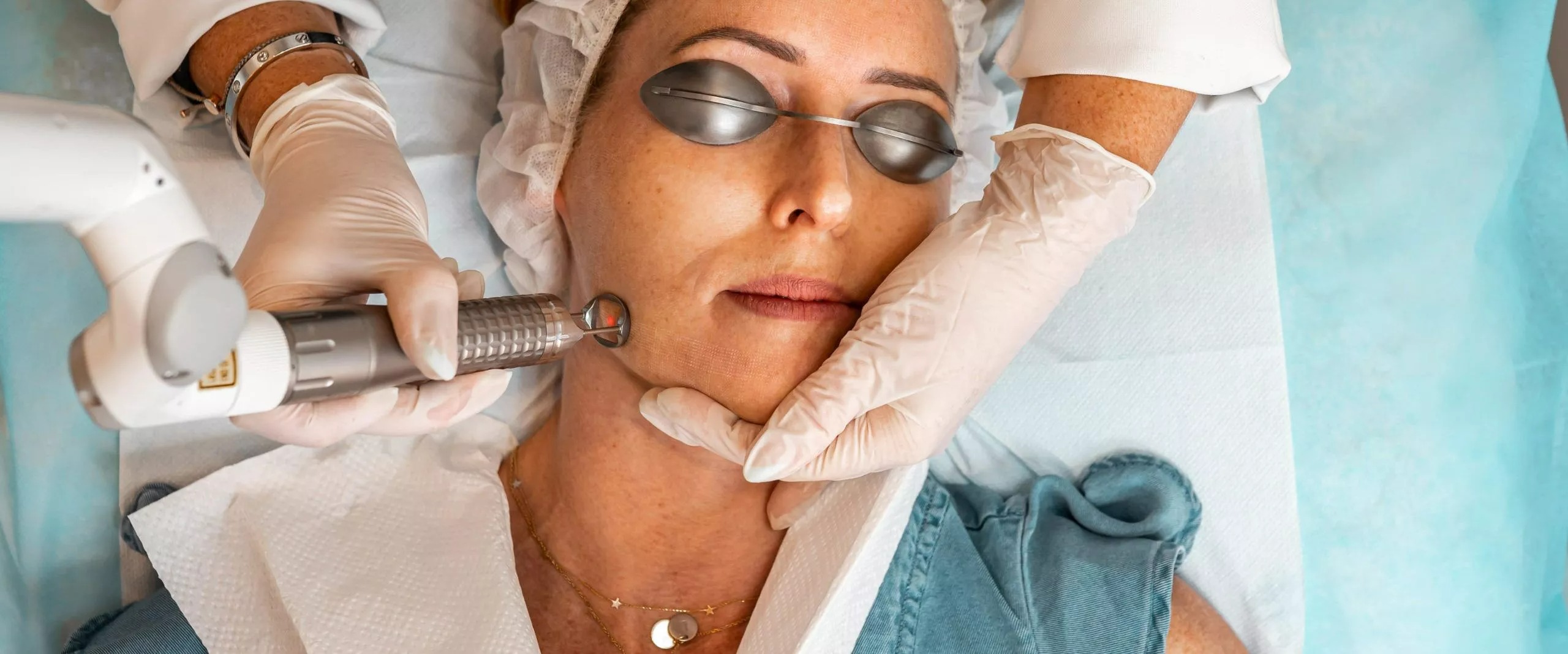Hyperpigmentation is a common skin concern that results from an overproduction of melanin, causing dark spots or patches on the skin. This can occur for various reasons, such as sun exposure, hormonal changes, genetics, or certain medications and requires proper hyperpigmentation treatment Dubai.
Who is the right candidate for hyperpigmentation treatment?
Hyperpigmentation can affect anyone, regardless of skin type or tone. However, certain individuals may be more susceptible to the condition, including those with the following:
Darker skin tones:
People with more melanin in their skin are more likely to experience hyperpigmentation.
A history of sun exposure:
UV rays from the sun can trigger the production of melanin and cause dark spots.
Hormonal changes:
Pregnancy, menopause, and hormonal imbalances can all contribute to hyperpigmentation.
A history of skin injury or inflammation:
Acne, cuts, and other skin trauma can result in hyperpigmentation.
Genetics:
Some people may have a genetic predisposition to hyperpigmentation.
Types of hyperpigmentation treatment:
Several treatments are available for hyperpigmentation, including non-invasive and invasive options. Some of the most popular treatments include:
Topical treatments:
Creams, serums, and other products that can be applied directly to the skin. These products contain ingredients like glycolic acid, vitamin C, and kojic acid, which can help lighten dark spots and even skin tone.
Chemical peels:
Chemical peels are a type of exfoliation treatment that removes the top layer of skin to reveal brighter, more even-toned skin underneath.
Laser therapy:
This treatment uses laser technology to penetrate the skin and target melanin, breaking it down and causing it to be absorbed by the body.
Microdermabrasion:
This non-invasive treatment uses fine crystals to exfoliate the skin and remove dead skin cells.
Choosing the right hyperpigmentation treatment:
The right hyperpigmentation treatment will depend on several factors, including the type and severity of the hyperpigmentation and the individual’s skin type and lifestyle. Some treatments may work better for certain skin types or conditions, so it is important to consult with a dermatologist or skincare professional to determine the best course of action.
In conclusion, hyperpigmentation is a common skin concern that can affect anyone. With a range of treatments available, it is important to choose the right one based on individual factors and to work with a skincare professional to achieve the best results. Whether you choose a topical treatment, chemical peel, laser therapy, or microdermabrasion, taking steps to treat hyperpigmentation can help to achieve a brighter, more even-toned complexion.
